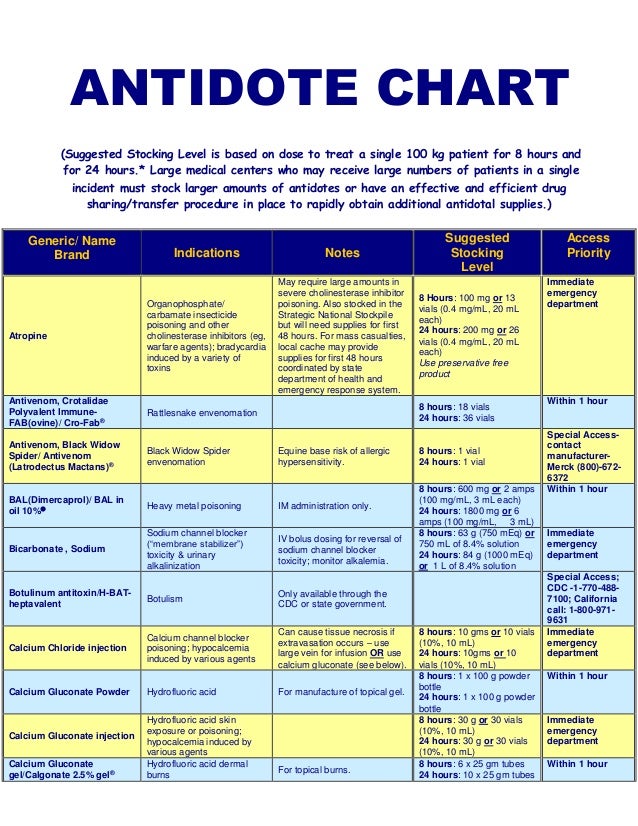

If the level at 4 hours is borderline or there is suspected delayed absorption, measurement should be repeated at 8 hours. If the level is drawn within 4 hours, it should be repeated at the 4-hour mark, unless it was nondetectable. Serum acetaminophen levels should be measured not earlier than 4 hours from ingestion. Generally recovery of hepatic function is quite remarkable in survivors that do not need transplant. In surviving patients normalization of laboratory parameters and organ regeneration occur in 7 to 14 days from ingestion. Phase 4 (death or organ regeneration): Death due to fulminant liver failure usually occurs on days 3 to 5 from ingestion. An increase in serum creatinine levels is usually observed on days 2 to 5 from ingestion.

Phase 3 (72-96 hours): Fulminant liver failure with encephalopathy and less frequently bleeding. Symptoms are accompanied by an increase in serum aminotransferase (alanine aminotransferase, aspartate aminotransferase ) and bilirubin levels, international normalized ratio ( INR), as well as hypoglycemia and metabolic acidosis. Phase 2 (24-72 hours): Pain or tenderness in the right upper abdominal quadrant, jaundice. In very rare cases severe manifestations (coma, severe lactate acidosis) develop as early as on the first day from ingestion this is characteristic for severe overdoses (75-100 g). Some individuals may have nausea and vomiting or, less frequently, abdominal pain, excessive sweating, pallor, and weakness. Phase 1 (up to 24 hours from ingestion) is asymptomatic in most patients. Hepatotoxicity can occur in adults who take a single dose of 6 to 7 g and toxicity may occur with ingestion of 150 mg/kg/d for ≥2 days. Peak serum acetaminophen levels after oral ingestion of tablets or capsules occur after 2 to 4 hours. Acute kidney injury due to proximal renal tubule damage is less frequent, affecting 25% of patients with severe liver damage and 50% of patients with liver failure caused by acetaminophen poisoning. In acute acetaminophen poisoning the liver is the critical organ with hepatocyte injury and necrosis. Ten-fold errors in the administration of parenteral acetaminophen have also resulted in toxicity. Acetaminophen ( INN paracetamol) poisoning is usually a result of an intentional (suicidal) overdose of oral formulations but may be also accidental from high doses taken for analgesia or due to accumulation of the drug in patients with severe liver disease.


 0 kommentar(er)
0 kommentar(er)
